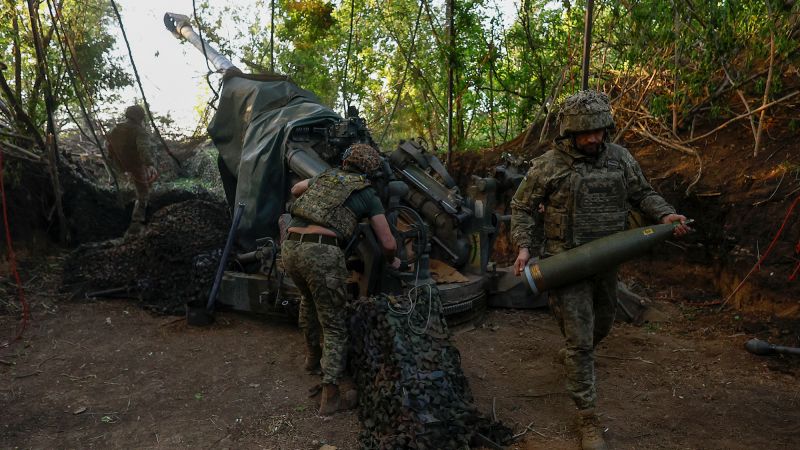Bankir and his men have been trying to fight off Russian attacks along the Ukrainian front lines for more than two years. But it’s only now that they are finally able to strike where it hurts: Inside Russia’s own territory.
The newly granted permission by the United States and other allies to use Western weapons to strike inside Russia has had a huge impact, Bankir said. “We have destroyed targets inside Russia, which allowed for several successful counteroffensives. The Russian military can no longer feel impunity and security,” the senior officer in Ukraine’s Security Service (SBU) told CNN. For security reasons, he asked to be identified by his call sign only.



This could he because they saw how WWII started and realized that the only smart move was stopping it before they built momentum. What surprises me is that Putin thought everyone would just let it happen in spite of the historical outcomes.
Yeah.
I would say that by the XXI century most of Europe (basically the EU and the nations mainly bordering EU nations) has transitioned to being used to Peace and using Trade power rather than Force for prosperity and to achieve its geopolitical aims, and the idea that Russia too had chosen to go with Peace & Prosperity through Trade was quite widespread.
Whatever XIX Imperialistic notions some Power Elites in Europe still have are only ever about “allied nations” (the US, Israel) with the victims being “people who are not like us” in far away lands, with the closest they get to practicing it being following the US into Afghanistan and Iraq.
So when Russia turned out to still behave as a XIX century warmongering imperialist nation, worse, against “fellow nations”, it was quite the wake up call.
I also suspect that the decades of warnings by Eastern European EU member countries about Russia over the last few decades didn’t entirelly fall in deaf ears and when some of those warning started looking like they were indeed right, this pushed the rest of the EU members and partner nations to listen to the rest of the warning coming from those nations, which accelerated the “We must stop Russia before it’s too late” reaction - I strongly suspects that an EU without Eastern European countries would have not at all reacted as forcefully and assertivelly.